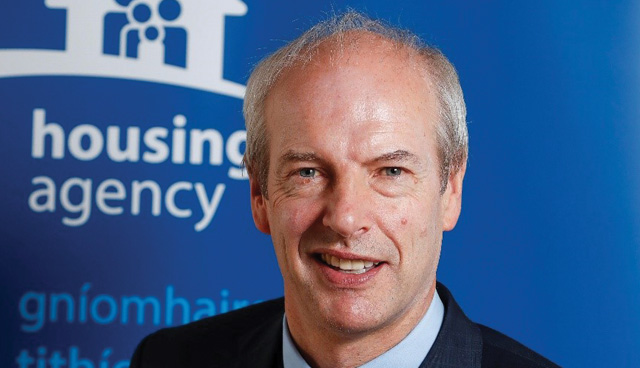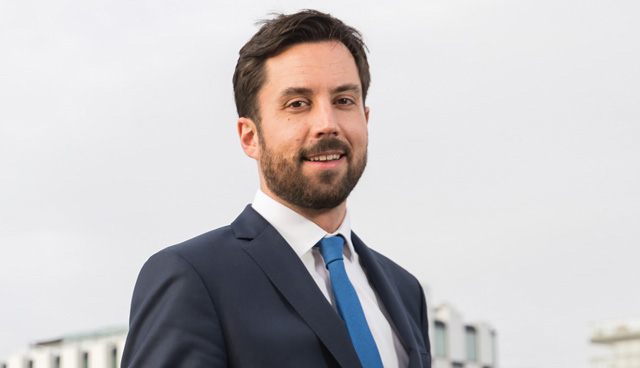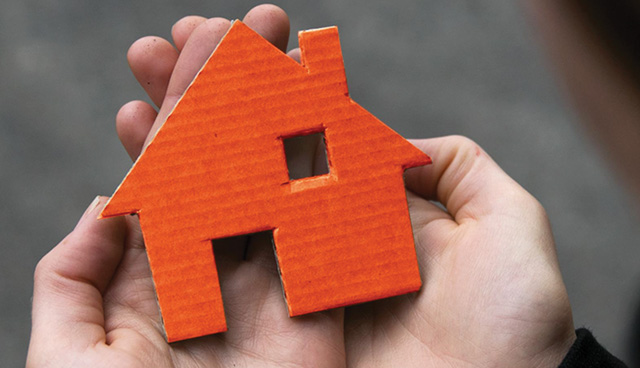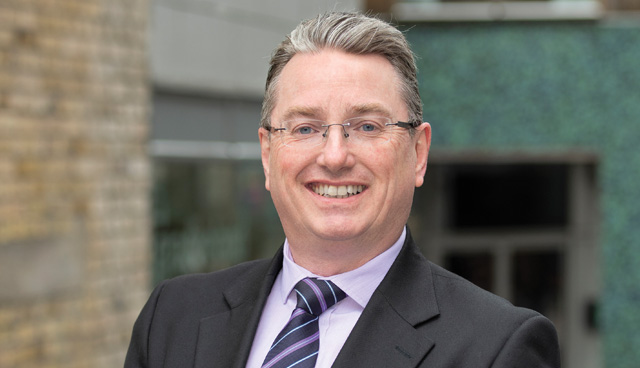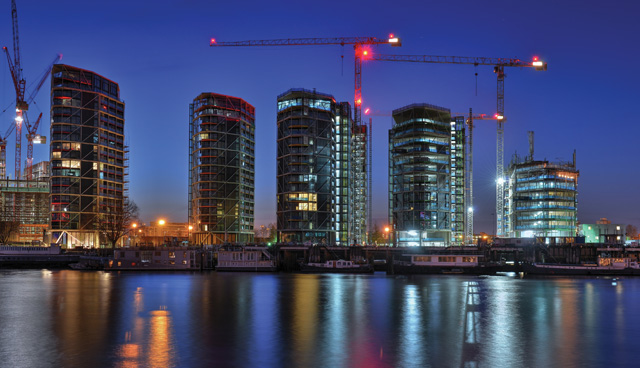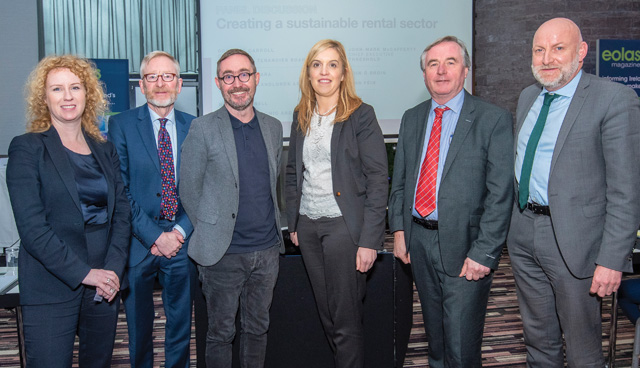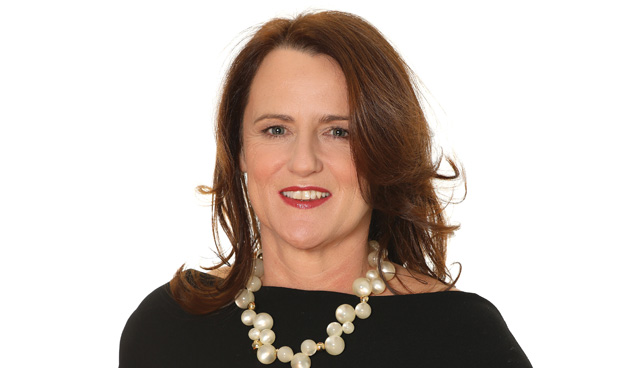
Towards a fully electronic property registration system
17th May 2019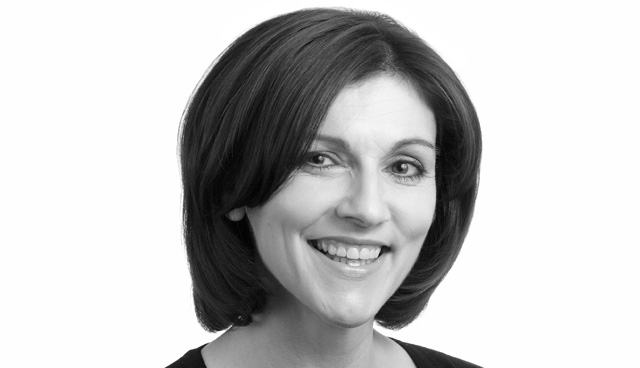
Equity funds, our new landlords
17th May 2019Vienna: Europe’s city of Social Housing
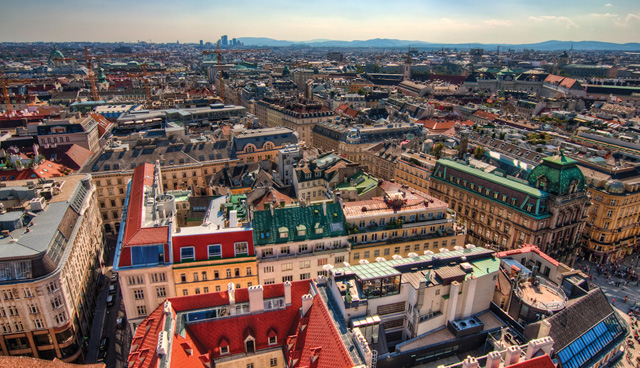
The Vienna housing model, where 45 per cent of housing is classified as social or affordable, is internationally recognised for its delivery of sustainable, high-quality residential development through a cost-rental approach and can help inform future policy direction in Ireland.
Vienna has a population of approximately 1.8 million people, making it the second largest city in the German-speaking world. It is also one of the fastest growing cities in Europe with the number of inhabitants due to break through the two million barrier by 2025.
The cornerstones of Vienna’s much lauded social housing model are 420,000 municipal and subsidised housing units. Allocation guidelines, that also grant the middle classes access to this large and growing housing sector ensure a good social mix.
Vienna’s ongoing urban renewal project helps to make housing affordable, contributing towards positive dynamics in society and providing thousands of jobs. These benefits, which have a long tradition in Vienna and enjoy popular support, will also be preserved for future generations.
Social housing in Vienna consists mainly of municipal housing, rental flats built by limited-profit housing associations and of flats in buildings, which have been renovated as a part of a city-wide development programme.
Social housing is rented out at low rents on a secure basis. Pre-defined legal limits to rental increases mean that rents are kept affordable. Rents are capped for a 15-year period. The end result is a high degree of social stability and financial predictability due to long-term tenancy agreements and affordable rents.
Out of a total of 901,900 housing units in Vienna, which are classified as the occupier’s main place of residence, 690,900 (77 per cent) are rental accommodation. Of these, 299,400 (33 per cent) are classed as private rental accommodation; 212,000 (24 per cent) are municipal housing units and 178,600 (20 per cent) are rental flats owned by Limited-Profit-Housing-Associations (LPHA). This results in a total of 391,400 (44 per cent) housing units which are classified as social housing.
Since 1984, approximately 2,000 private buildings containing 32,200 flats have been refurbished as a part of Vienna’s “Gentle Urban Renewal Programme” and since 2001, around 900 private buildings containing 31,000 flats have been refurbished under the “Thermal Refurbishment Programme” (THEWOSAN).
Additionally, in around 2,000 private buildings (containing 35,700 flats), maintenance work and improvements have been subsidised. In total, approximately 100,000 (11 per cent) additional flats in privately-owned buildings have been partially-financed by subsidies over the last 30 years.
Together with 32,600 (4 per cent) commonhold properties which were originally built by LPHAs, using housing subsidies, around 60 per cent of Vienna’s inhabitants live in subsidised buildings.
The city’s active housing policy addresses the housing market as a whole and tries to influence the private market as well.
In 2016, Vienna launched a major development programme to increase total housing production by 30 per cent from 10,000 to 13,000 housing units per year.
The proportion of subsidised housing units within the programme is in the region be 70 per cent or 9,000 apartments per year. An annual budget of around €300 million has been reserved for these purposes.
Vienna’s Limited-Profit Housing Act determines the performance of the city’s LPHAs, irrespective of the type of organisation. Rents are fixed to cover the appropriate cost of land, construction, administration and financing. Membership fees are reimbursed at nominal value in case of bankruptcy or in the event of the agreement being cancelled. Profits are also limited.
I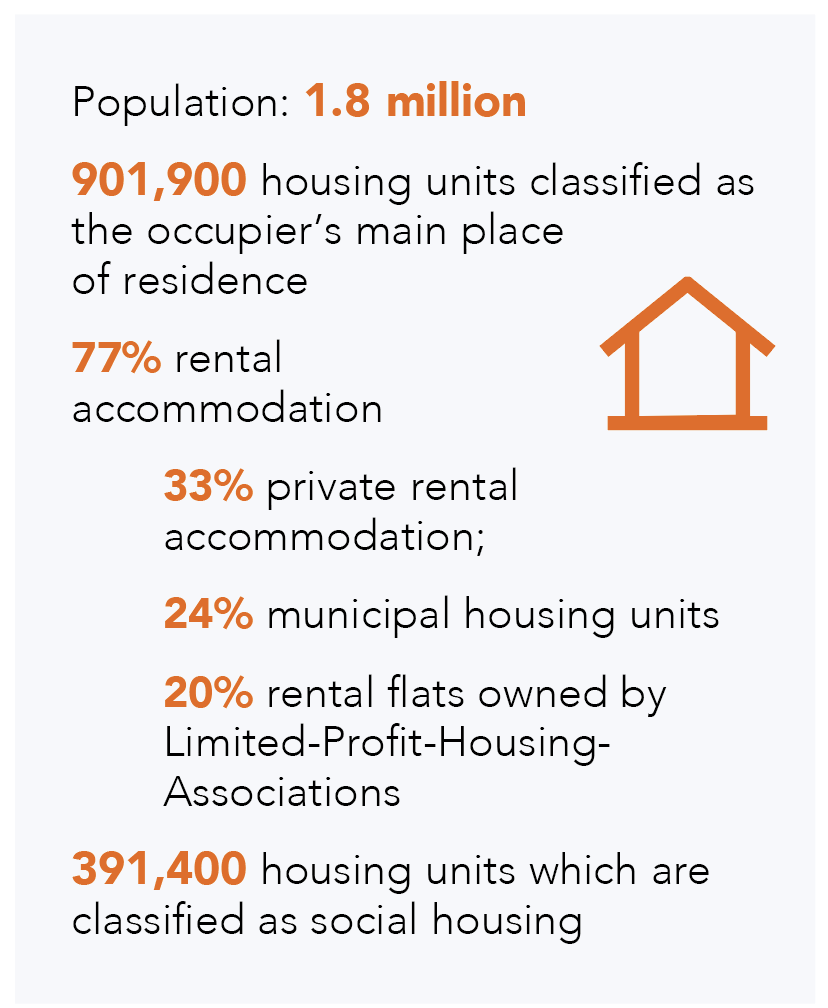 n addition, all housing associations have an obligation to build housing. Co-operatives can have access to public financing for specific projects. Currently, about 90 per cent of their projects are assisted by public means.
n addition, all housing associations have an obligation to build housing. Co-operatives can have access to public financing for specific projects. Currently, about 90 per cent of their projects are assisted by public means.
Not surprisingly, the Vienna housing model has garnered much an international recognition. Many housing experts from around the world are now interested in the concepts, approaches and development tools, on the back of which Viennese social housing projects have won numerous international awards.
In 2016, Vienna launched a major development programme to increase total housing production by 30 per cent from 10,000 to 13,000 housing units per year.
A case in point is the UN Habitat Scroll of Honour. This award was bestowed on Vienna given the city’s commitment to putting the views of people first in the context of urban renewal development programmes.
Since 1984, approximately 2,000 private buildings containing 32,200 flats have been refurbished as a part of Vienna’s “Gentle Urban Renewal Programme” and since 2001, around 900 private buildings containing 31,000 flats have been refurbished under the “Thermal Refurbishment Programme” (THEWOSAN).
Additionally, in around 2,000 private buildings (containing 35,700 flats), maintenance work and improvements have been subsidised. In total, approximately 100,000 (11 per cent) additional flats in privately-owned buildings have been partially-financed by subsidies over the last 30 years.


